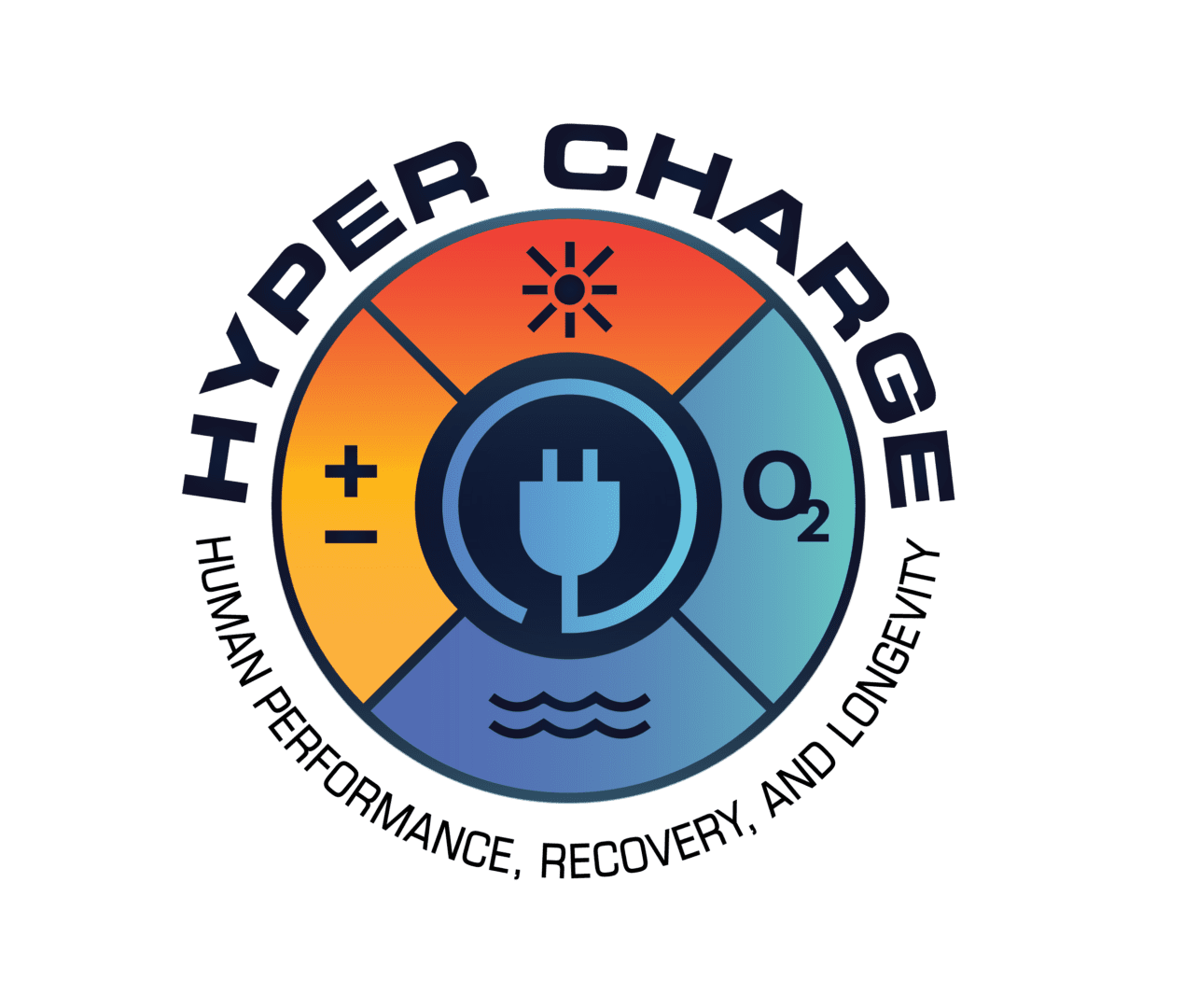Stress is a normal part of life. Whether you’re vying for that promotion or simply trying to ensure that your kids have a great day, life can be stressful and anxiety-inducing. We hope that you have healthy outlets to manage stress and reduce anxiety, but if you don’t, they can negatively affect your quality of life. If you’re struggling to manage stress and anxiety, please consider reaching out to the team at Hypercharge Clinic. We have a number of different treatment techniques that can help you learn to regulate your anxiety, and one of those treatments is neurofeedback. In today’s blog, we explain how neurofeedback is used to help patients learn to manage their anxiety.
Neurofeedback For Anxiety
Neurofeedback is a non-invasive, non-drug treatment that works by mapping out brainwaves and helping patients take more control over brain activity that is contributing to anxiety. It’s similar to standard biofeedback therapy, which works by measuring a variety of bodily functions, like heart rate, temperature and muscle tension. With neurofeedback, the bodily functions that are being measured are in the brain, including the four primary types of brainwaves:
- Beta Waves – Beta waves have the fastest frequency and occur in a greater number when the brain is helping the body perform a more difficult task. Beta wave overstimulation can contribute to anxiety.
- Alpha Waves – Alpha waves occur at the next highest frequency, and there will be more alpha wave transmission when you’re relaxed. Controlling your breathing and working to relax your body can lead to increased alpha wave production.
- Theta Waves – Theta waves are slower in frequency and are more present when we’re tired or letting our minds wander. They can help you wind down for bed, but if they are too present throughout the day, they can leave you feeling groggy and make it harder for you to concentrate, which can be anxiety-inducing.
- Delta Waves – Finally, delta waves have the slowest frequency and typically only develop in mass when you are in a deep and relaxed sleep.
As you might imagine, not every brain produces the right brain waves for every situation, and an overproduction or underproduction of brain waves can lead to a greater amount of anxiety. Neurofeedback helps to determine how and when certain brain waves are being transmitted so that you can see how your brain is working in real time. We then work with the patient to help train their brain to start producing the right brain waves when presented with different stimuli. You’d be amazed at how much influence you have in the types of brain waves that are produced, and this can be a major step in helping you overcome anxiety.
We also work with patients to help them reframe sources of stress in their brain, as this can impact the brain waves that are being produced in their head. Instead of stressing out over that exam in 4th period or that report you need to finish at work, we help you focus on the controllable factors so that your brain doesn’t always jump to panic mode when stressed. When your brain begins to react more appropriately to stressful situations, you’ll find that your anxiety levels are reduced, and that all starts by getting a better understanding of how our brains are working and how they can be improved.
It may sound a bit complicated, but neurofeedback is rooted in sound science and treats the problem at the source, unlike medications or other short-term fixes. We give patients the tools they need to self-regulate anxiety and stress to solve the problem for good.
To learn more about the brain mapping process or how we train the brain to start producing more of the right brain waves through neurofeedback therapy, reach out to the team at HyperCharge Clinic today at (763) 717-8745.
